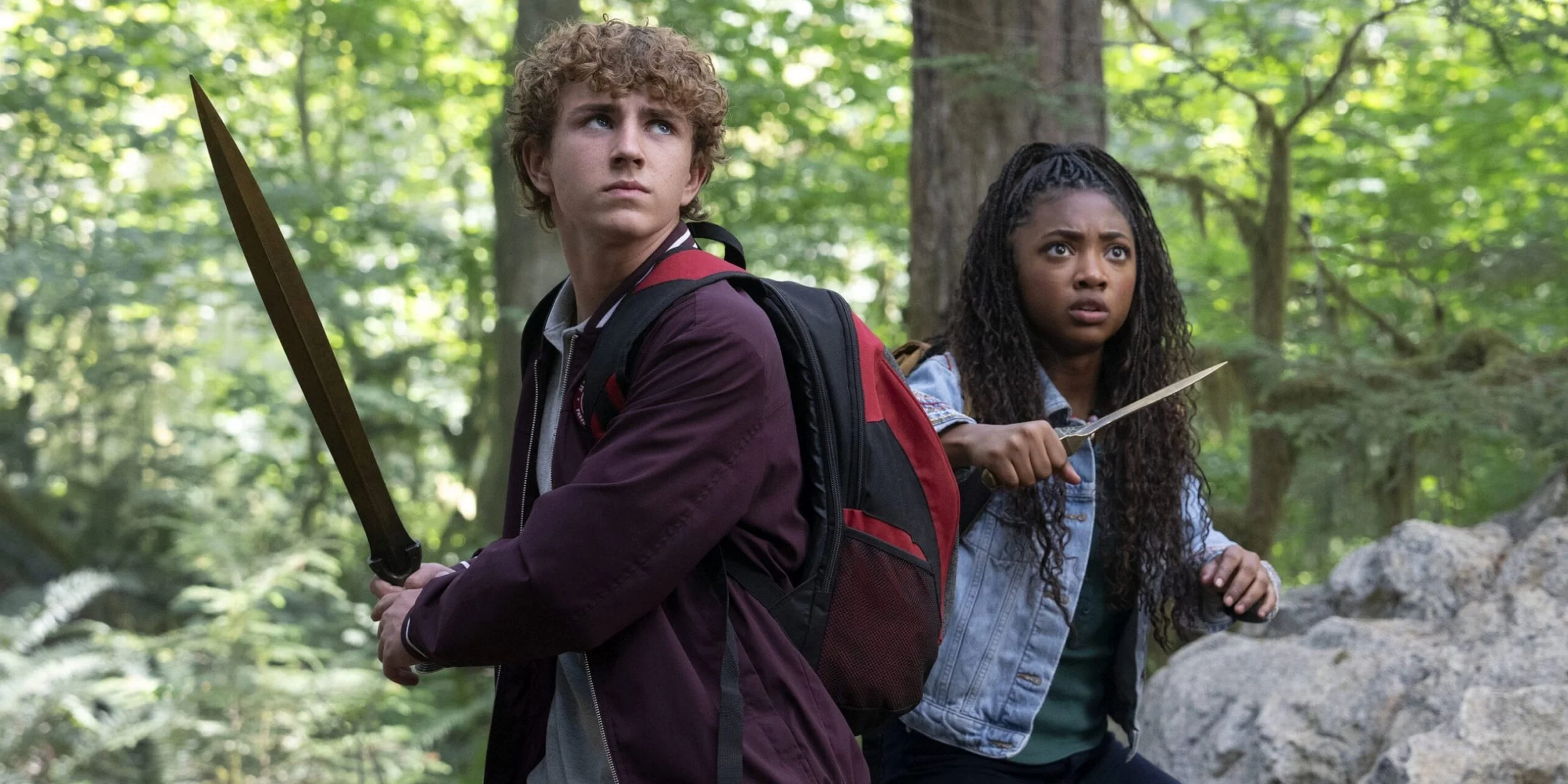Fantastic Beasts: The Crimes of Grindelwald
/This week we are looking and listening to the latest instalment in the far-reaching Harry Potter (or is it Fantastic Beasts?) franchise by J. K. Rowling – Fantastic Beasts: The Crimes of Grindelwald.
Naturally, the sequel picks up where the first Fantastic Beasts left off, after the arrest of the eponymous character, a dark wizard bent on conquering the wizarding world. It also features, notably, the debut of a younger Albus Dumbledore (Jude Law).
In terms of musical treatment, it’s an unabashedly grandiose, orchestral affair throughout, and mostly of a rather fitting if generic variety, with at least one subtle but important exception which will be pointed out.
Composed and licensed by Versus Music, a fairly prodigious outfit currently airing its 19th volume of music on YouTube, it begins immediately with a sweeping harmonic minor gesture as we see some lush panning shots of Hogwarts, back in the 1920s when the Fantastic Beasts series takes place.
At 0:12 the main theme begins with steady, beating woodwinds and lower strings, in a swift compound meter, some dialogue atop it. The subtle flourishes of flute are in keeping with the overall tone of the Fantastic Beasts (and, again, Harry Potter as a whole) series. At 0:31 the harmony thickens in tandem with the thickening plot (“I know he’s working under your orders”). It is at that point that Jude Law as young Dumbledore is revealed (brining to mind, somewhat, the revealing of a young Han Solo in another trailer released on Super Bowl Sunday).
At 0:38 we get out first pause in the music, appropriate, for Dumbledore’s dialogue. At 0:45 the studio cards come in, and the music comes roaring back, now with epic choir, suddenly becoming more intimate again at 0:49, only to dynamic ratchet it up again for J. K. Rowling’s title card at 0:53. It’s a bit of a dynamic rollercoaster, but it works well as we move from chord to chord on each title card.
At 1:03, about the midway point, a slightly more humorous, off-hand dialogue is exchanged, giving the audience a breather mid-way through and effectively prepping the audio viewer for the second half, which begins with the release date title card (“This November”).
Now all of the stops are pulled: sforzando strings, rapid woodwind scales, and choir all feature prominently across the action montage which ensues. As the action becomes more, well, fantastical, we hear the not-so-subtle inclusion of harp glissandi. At 1:18 we get the classic epic chord change, the so-called Neapolitan chord. No need to know its name, of course – you can hear it, loud and clear, an epic turn that immediate imparts the feeling that things have gotten real.
From 1:25-1:29 we get a prolonged dominant chord as the action escalates further and further, finally reaching at peak at 1:31 as the catchphrase title card comes in.
For the final action sequence at 1:39, we get something rather different – grunting vocals and epic percussion more in line with typical modern action trailer fare. As a brief sequence, it works.
Now, the aforementioned musical quotation comes at 1:46 – as if on cue, the famous Hedwig’s theme enters, albeit augmented (slowed down) and given an epic treatment, now sounding somewhat like a superhero theme, with the title card entering view and ending unresolved on the dominant chord, and finally resolving with an entirely different instrumentation on the final title card, for the exact release date. That final note, of course, alludes to the glockenspiel version of Hedwig’s theme which fans are intimately familiar with.
Much like just about any other long-running film franchise in recent memory, then, the trailer for Grindelwald leverages the most memorable musical theme of its series to assist in the sale of its newest instalment. What may be slight different here, however, is the way that theme has clearly been changed in terms of genre to fit the movie. As Grindelwald promises to be more action-oriented than the Potter series was, so we hear a version of Hedwig’s theme at cleaves closer to the conventions of epic music. And even then, there is – if only for a single note! – an allusive nod to the earlier musical memories of film-going Potter fans everywhere.
– Curtis Perry







